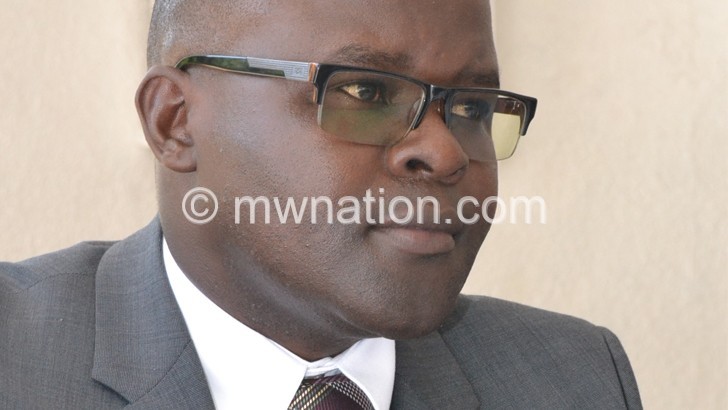PPDA decries procurement knowledge gaps
The Public Procurement and Disposal of Assets Authority (PPDA) says knowledge gaps on procurement is affecting reporting and follow-up of public procurement among media practioners and the civil society.
Speaking during a orientation workshop for civil society organisations (CSOs) and media in Blantyre on Thursday, PPDA chairperson John Suzi Banda said the authority has noted “serious” gaps on public procurement processes.

He said: “There are serious gaps in terms of their understanding on how these processes work. People need to understand the key responsibilities of a public officer under the PPDA Act and public finance management.
“We also felt that sometimes media and CSOs get carried away with scandals forgetting that a huge chunk of government money goes to public procurement.”
Banda said to make more businesses benefit from public procurement, government came up with the 2020 Public Procurement and Disposal of Public Assets (Participation by micro, small and medium enterprises-MSMEs) Order to give room to marginalised groups.
He said while it is important that procurement entities do more to deliberately focus on marginalised groups, eventually, it is down to the entities to also do their part.
“We will be monitoring that the policies must be understood and implemented by those making decisions at institutional levels,” Banda said.
Under the 2020 Public Procurement and Disposal of Public Assets (Participation by micro, small and medium enterprises-MSMEs) Order, among others, a procuring and disposing entity shall, in every financial year grant a margin of preference to marginalised groups of 15 percent procurement of goods and services and 10 percent procurement of works.
Where there is more than one margin of preference or reservation applicable to a MSME or a marginalised person, a procuring and disposing entity shall adopt the margin of preference or reservation which presents the most economically advantageous position to the intended beneficiary.
One of the paricipants to the workshop, kulinji.com senior editor Chisomo Ngulube said with the majority of funds going towards public procurement, it is critical for journalists to look at the processes involved and how they are implemented.
“There are a lot of things we are to learn from this and share some of the challenges we face to access information because more information we get is on the surface,” she said:





